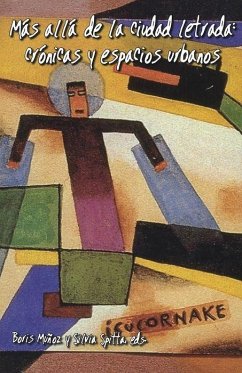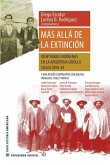Following Foucault's analysis, time is perceived as something rich, fruitful, full of life, dialectic, while space is treated as something dead, fixed, static and immobile. Within this framework, Western identity has been established in Europe and the United States with time and history taking precedence over space. In contrast, Latin America has followed a diametrically opposed process. The city, the urban space, the country/city division, have dominated Latin American thought from the Conquest to the present day. The great pre-Hispanic civilizations, conjugated around the urban, just as much, if not more than medieval Europe. They forced the conquistadors to understand the conquest and evangelization as a huge urbanization process. Almost all of the Latin American urban centers in existence today, had already been founded by the end of the 17th century. The conquistadors understood from the beginning that theirs would be above all a conquest of space and an urbanization of history. The emphasis on the domination of space resulted in the conception of pre-Hispanic cultures as cultures without history. The empire constitutes itself as a subject and transforms the colonized in space. The conquest of America coincided with scientific discoveries at the time that shaped colonization. With the creation of the lines of latitude, the Atlas and the new navigability of the seas, Europe follows an impulse to codify and give a mathematical order to the city, give it new names by eradicating the native ones and controls space from a superior and external point of view.







